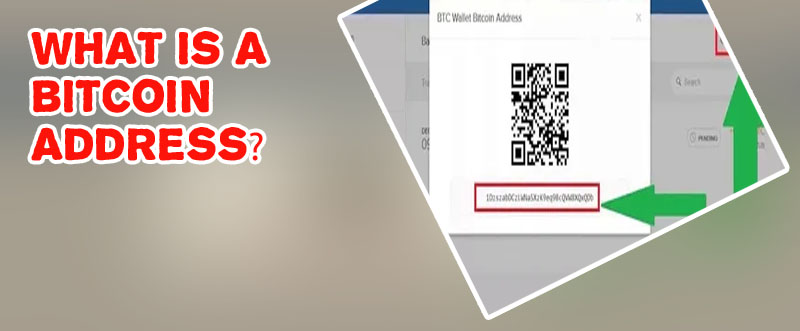When it comes to Bitcoin transactions, having a Bitcoin address is crucial for sending and receiving funds securely. However, understanding how to properly manage and use your Bitcoin address is essential to ensure the safety of your investments. In order to help you navigate this topic effectively, we have compiled a list of two articles that will provide valuable insights on how to handle your BTC address efficiently.
The Ultimate Guide to Understanding Bitcoin Addresses

Bitcoin addresses are a fundamental aspect of the cryptocurrency world, serving as the gateway for users to send and receive Bitcoin. Understanding how Bitcoin addresses work is crucial for anyone who wants to navigate the world of digital currency effectively.
One of the key elements of a Bitcoin address is its uniqueness. Each address is generated through a mathematical process involving a combination of public and private keys. The public key, which is visible to all users, serves as the address to which Bitcoin can be sent. The private key, on the other hand, is known only to the owner of the address and is used to sign transactions.
Bitcoin addresses come in different formats, with the most common being the Base58 format. This format consists of a string of letters and numbers that make up the address. Additionally, Bitcoin addresses can be generated using different algorithms, such as the Pay-to-Pubkey Hash (P2PKH) and Pay-to-Script Hash (P2SH).
One of the most famous Bitcoin addresses is the one associated with the mysterious creator of Bitcoin, Satoshi Nakamoto. This address holds a significant amount of Bitcoin and has sparked much speculation in the cryptocurrency community.
Overall, understanding Bitcoin addresses is essential for anyone looking to navigate the world of digital currency. By grasping the intricacies of how
Tips and Best Practices for Securing Your Bitcoin Address
Securing your Bitcoin address is crucial in protecting your valuable cryptocurrency from theft or hacking. With the rise in popularity of Bitcoin, cybercriminals are constantly looking for ways to exploit vulnerabilities and steal funds. By following some simple tips and best practices, you can minimize the risk of unauthorized access to your Bitcoin address and keep your investment safe.
Here are some essential tips to help you secure your Bitcoin address:
-
Use a hardware wallet: One of the safest ways to store your Bitcoin is by using a hardware wallet. These physical devices store your private keys offline, making it nearly impossible for hackers to access your funds remotely.
-
Enable two-factor authentication: Adding an extra layer of security to your Bitcoin address through two-factor authentication can significantly reduce the risk of unauthorized access. By requiring a second form of verification, such as a text message or authentication app, you can prevent hackers from gaining control of your account.
-
Keep your private keys offline: Your private keys are essentially the keys to your Bitcoin address. Storing them offline, such as on a piece of paper or a USB drive, can help protect them from online threats like hacking or malware.
-
Regularly update your software: Keeping your wallet software and operating system up to date is essential in preventing security vulnerabilities that

